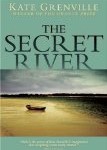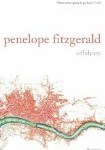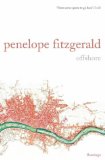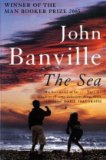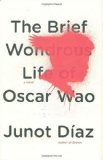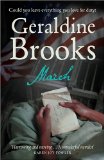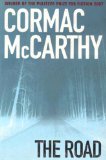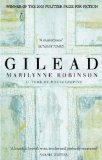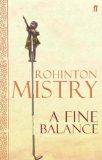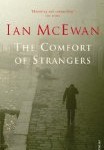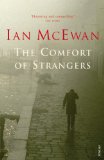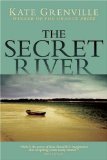
Winner of the Commonwealth Writer’s Prize 2006
Shortlisted for the Booker Prize 2006
William Thornhill is born into poverty, in 19th century London; to survive he turns to crime. One night he is caught stealing from his employer, and sentenced to death. He pleads for mercy, and manages to escape the rope by agreeing to be sent, with his family, to Australia. Once they arrive in this strange, hot country they find that they face new battles for survival, against the mysterious native black people.
This book is really easy to read, the simplicity of the prose was reminiscent of Mudbound, by Hilary Jordan, which although written about a different continent, contains many of the same powerful messages about the humanity of different cultures.
The Secret River is a fascinating insight into what life was like for the first settlers of New South Wales. William Thornhill is one of the first white people to cultivate the land, fencing in his crops. This quickly leads to animosity, and ultimately tragedy, as the nomadic society, who gather food wherever they can, object to their land being taken from them. Kate Grenville’s portrayal of the aboriginal people is touching; she shows them as a proud people, at one with nature. She beautifully describes the conflict between the two cultures; showing how each is affected by the others actions, and giving no prejudice to either side.
I really enjoyed reading this book, the characters were well developed, and I didn’t envy the difficult descisions they had to make. The plot was fast moving, and the end rounded everything off well. I was pleased that it was tinged with hope, as I was expecting it to be very bleak.
Highly recommended to all fans of historical fiction.

This is the first book by Kate Grenville that I have read, but I will be keeping an eye out for all of her other books, as I enjoyed this one so much.
Have you read any books written by Kate Grenville? If so, which one did you enjoy the most?
